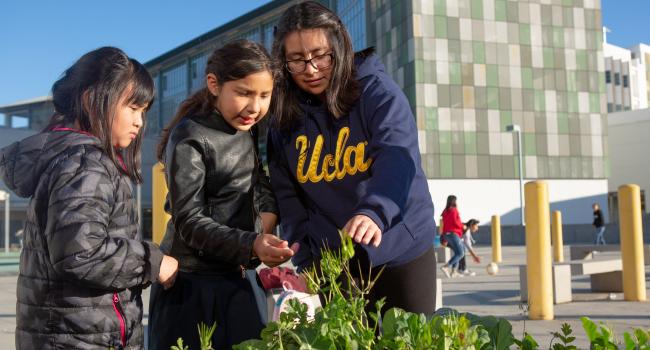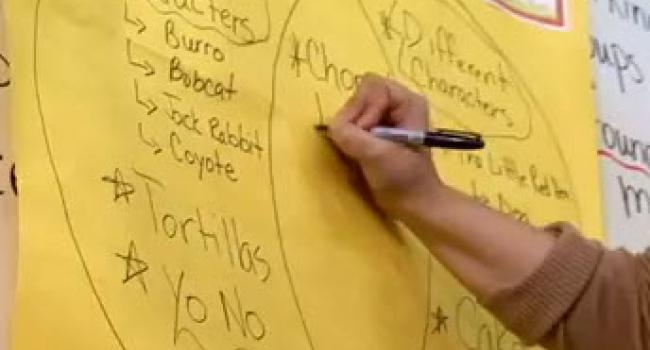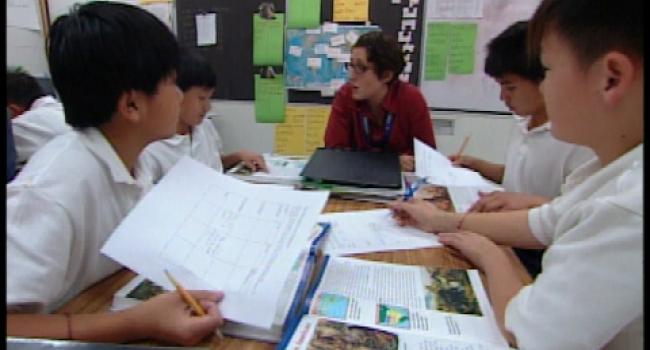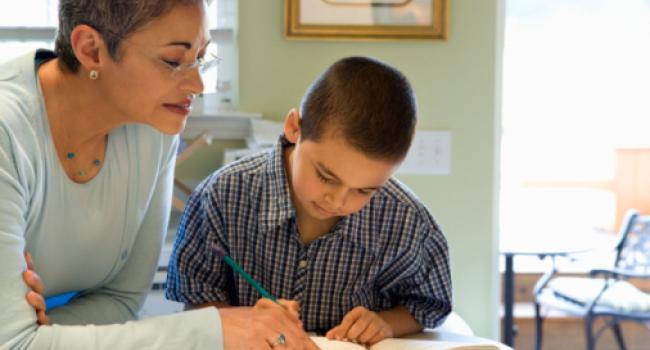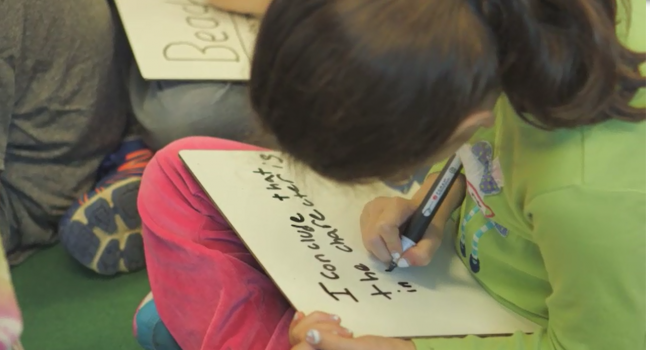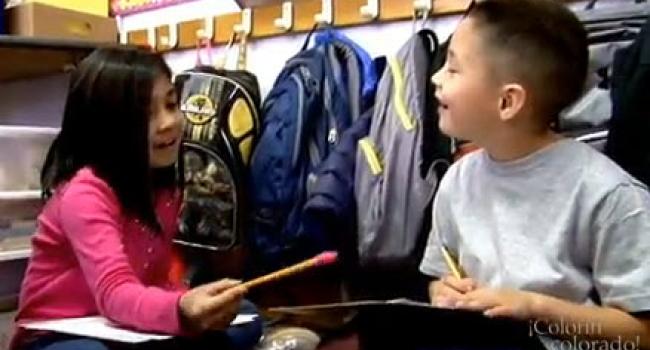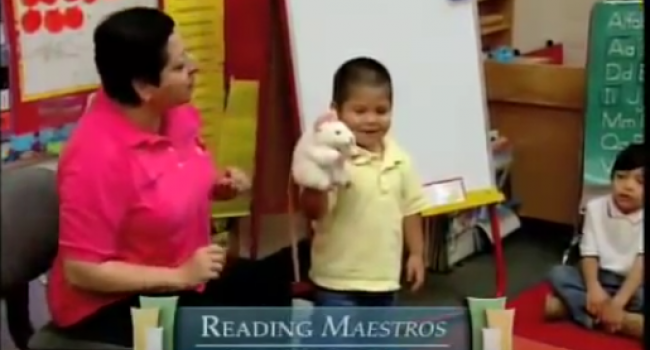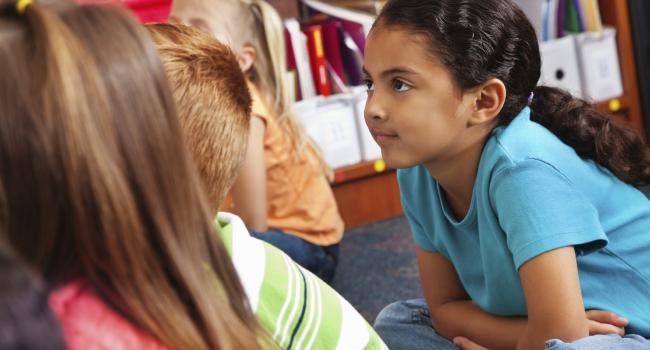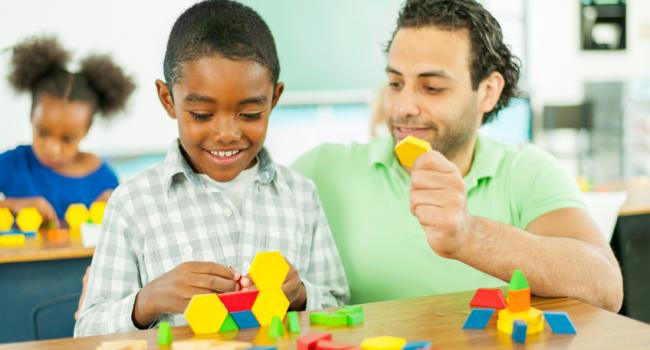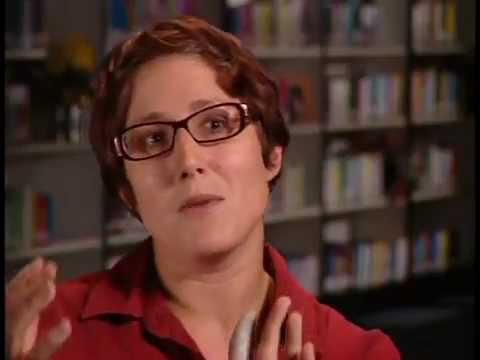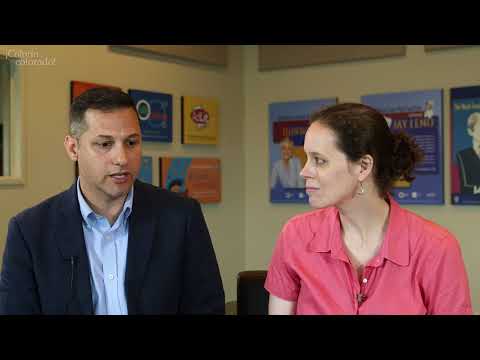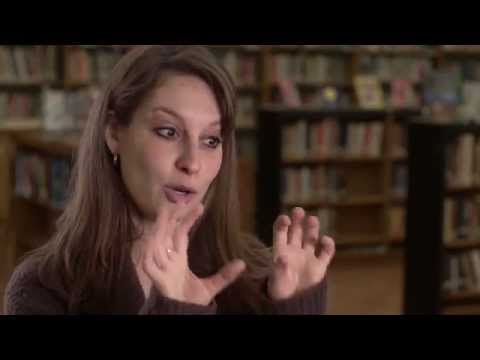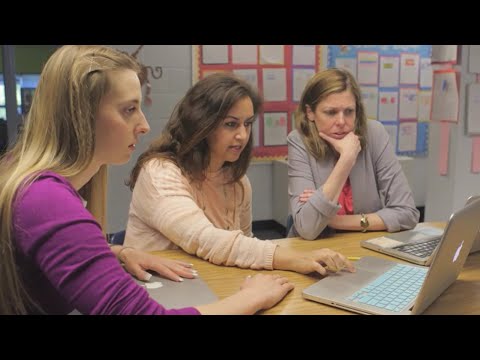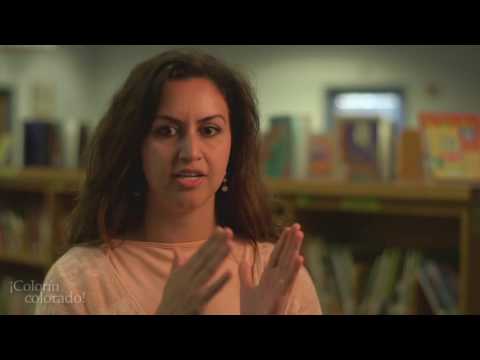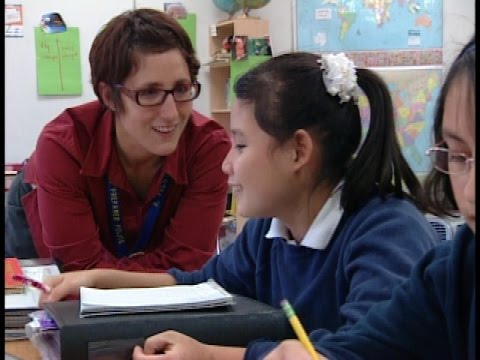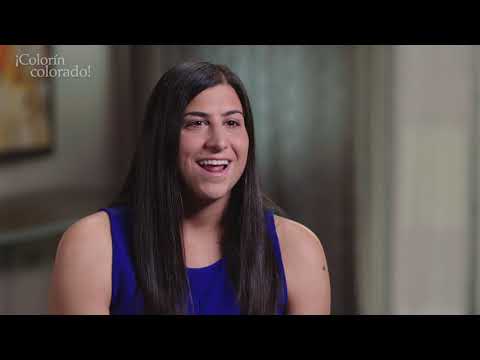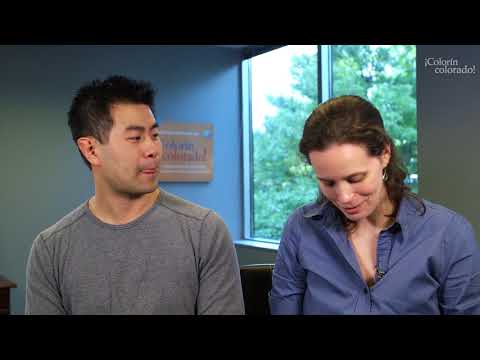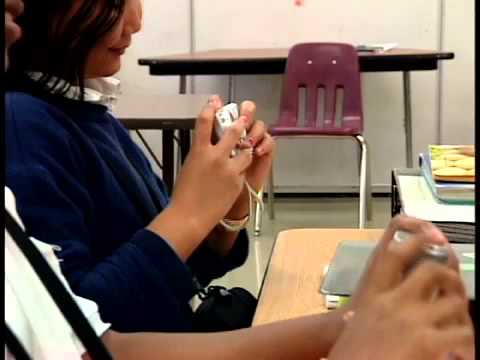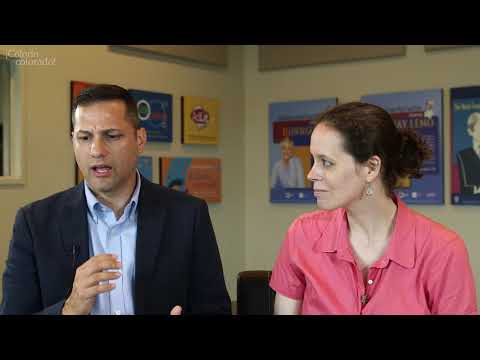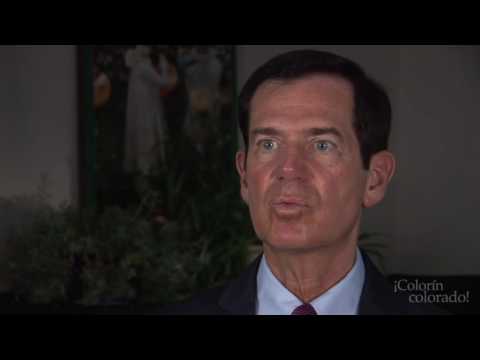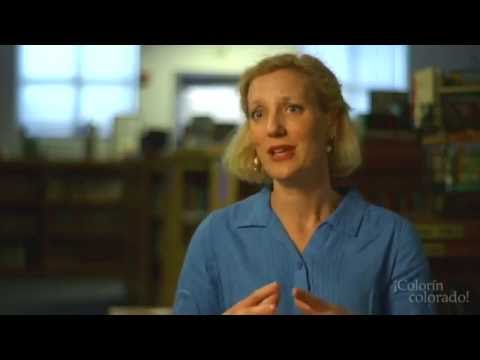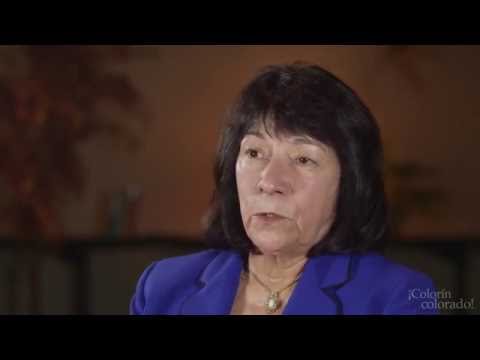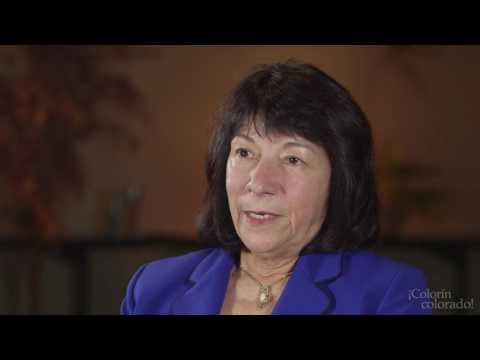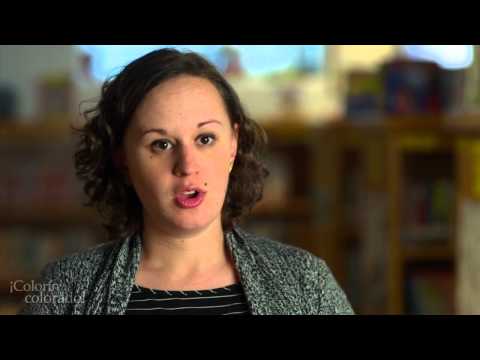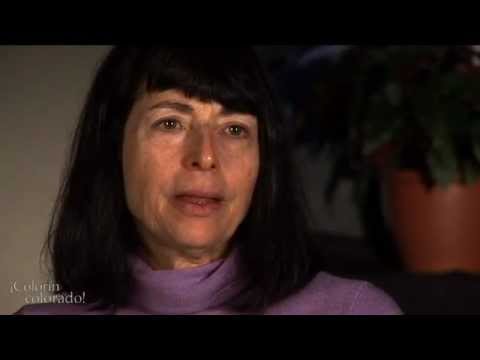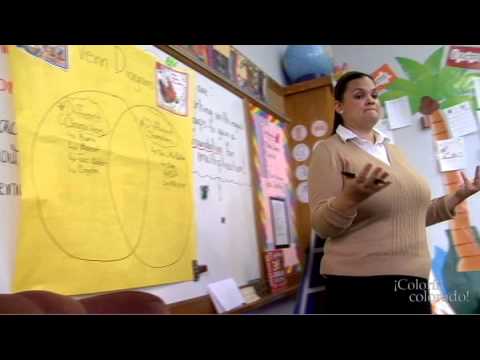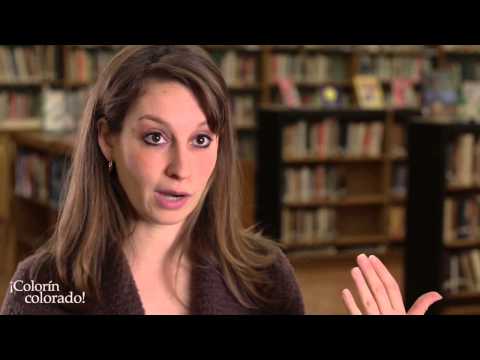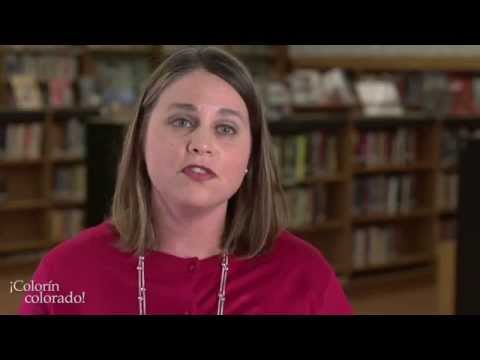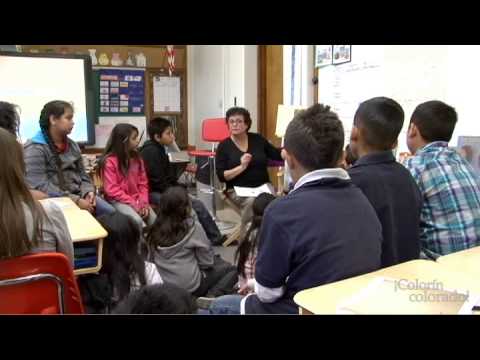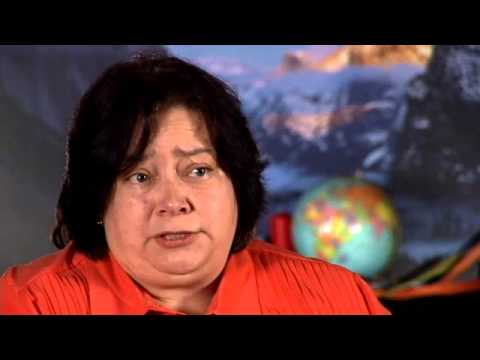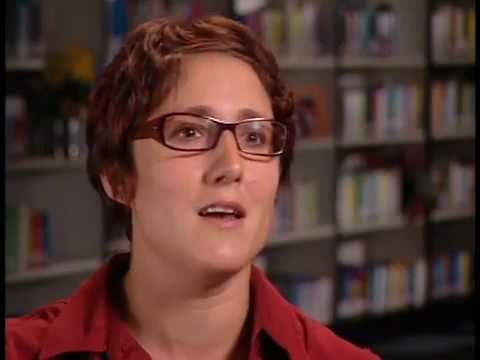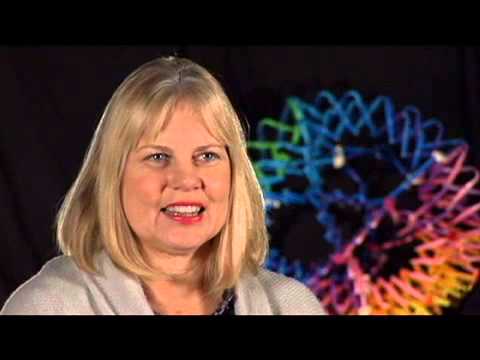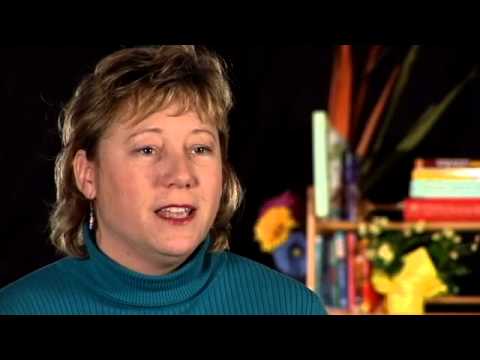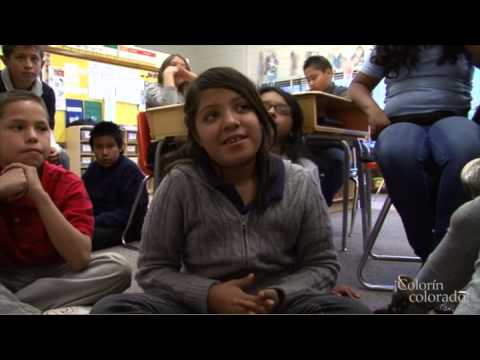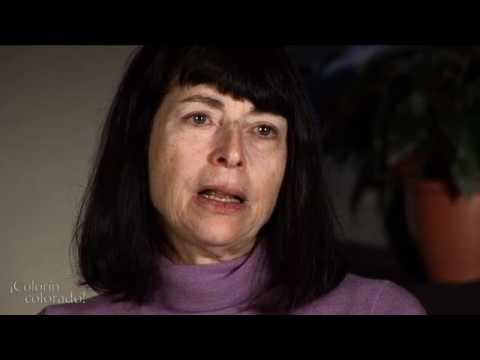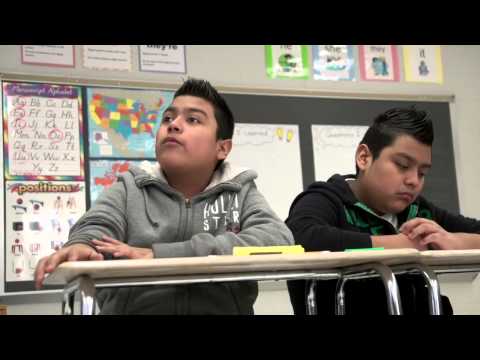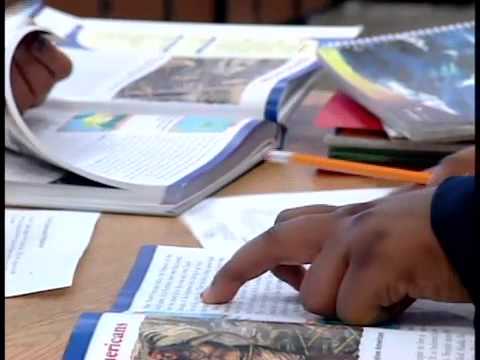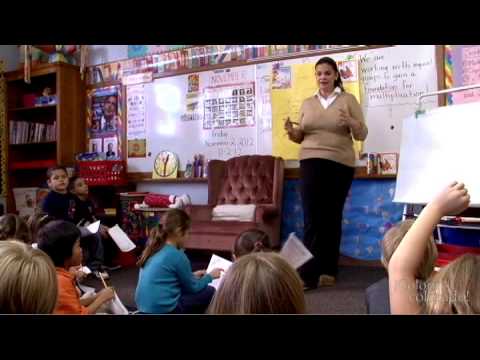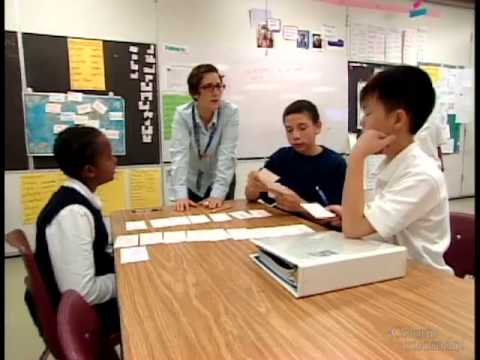ELL Strategies & Best Practices
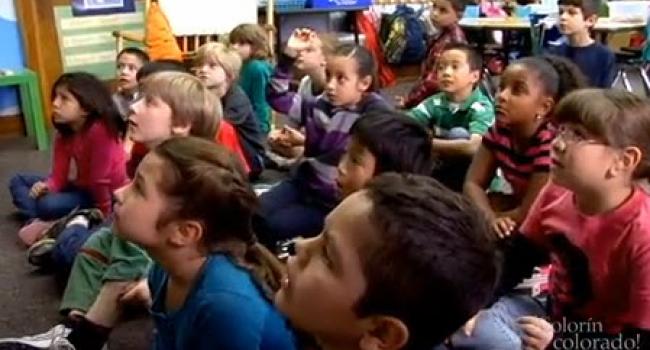
This section provides specific ideas and strategies to support ELLs' language and literacy development, such as tips for planning lessons and the use of language objectives, as well as broader approaches such as using informal assessment and differentiation for varying language levels.
What You'll Find in This Section
Strategies for ELL Success: A Guide for Educators
Learn how educators can support the success of their English language learners (ELLs). They will be useful for a wide range of audiences, including new and veteran teachers of ELLs, paraprofessionals, tutors, and administrators at the school and district level.
Photo by Allison Shelley for EDUimages
When planning a lesson for a class that includes English language learners (ELLs), it may be difficult to know how to help students at different language levels participate fully in the activities. However, there are a number of steps you can take to help strengthen students' language development and engage them, no matter their level of language proficiency.
Lesson Planning for ELLs
There are a number of ways to support, or scaffold, instruction for ELLs, even if they are at beginning levels of English proficiency. These ideas from veteran educators can help make content more accessible and provide students with an opportunity to participate in all classroom activities.
Classroom Strategies and Tools
One of the most critical components of helping English language learners (ELLs) succeed academically is the role of background knowledge. Lessons, reading passages, and test questions that assume prior knowledge or familiarity with a certain experience, person, or object may not be an appropriate tool for ELLs who lack the required background knowledge to understand the content.
The Role of Background Knowledge
Each student comes to school not only with unique academic needs but also with unique background experiences, culture, language, personality, interests, and attitudes toward learning. Effective teachers recognize that all of these factors affect how students learn in the classroom, and they adjust, or differentiate, their instruction to meet students' needs.
Here are some strategies for differentiating instruction for your English language learners, as well as ideas for taking students' level of English language proficiency into account when planning instruction.
Differentiation & RTI for English Language Learners
Assessment plays a variety of roles in the instruction of English language learners (ELLs). One of the most important uses of assessment is informal, ongoing assessment throughout the school year (also called formative assessment) to monitor student learning and target areas of instruction. This can be as simple as asking students to show "thumbs up or thumbs down" to show their understanding or asking students to share one thing they learned on an exit slip at the end of class.
Using Informal Assessment in the Classroom
Classmates are a valuable resource in helping English language learners succeed, whether by showing students around the school on their first day or serving as a buddy in the clasroom. Peers can help build student confidence and also act as language models, giving ELLs a chance to practice their new language skills in a low-stress setting.
Peer Learning and ELLs
Achieving Success: From the Heart
Need some help finding ways to help your English language learners? Read these inspirational stories about English language learners, teachers and paraprofessionals who have overcome obstacles standing to achieve success.
Bright Ideas for Teaching ELLs
What's even better than a bright idea? A bright idea that works! Educators from across the country have discovered excellent ways to tackle some common classroom stumbling blocks. Below are their step-by-step suggestions on how to handle issues like the fourth-grade slump or the development of critical thinking skills.
Project-based learning (PBL) offers many benefits to English language learners (ELLs), including hands-on activities, peer interaction, rich language use, and a chance to explore personal interests.
ELLs may need some additional support or guidance in order to make the most of PBL, and the following resources share ideas on how to make it a successful experience for all students.
Project-Based Learning for ELLs
Designing instruction based on student strengths (what the student can do) provides an important foundation for success and offers opportunities to build upon those strengths in order to address areas where the student is struggling. Learn more about this approach from the following resources and videos.



